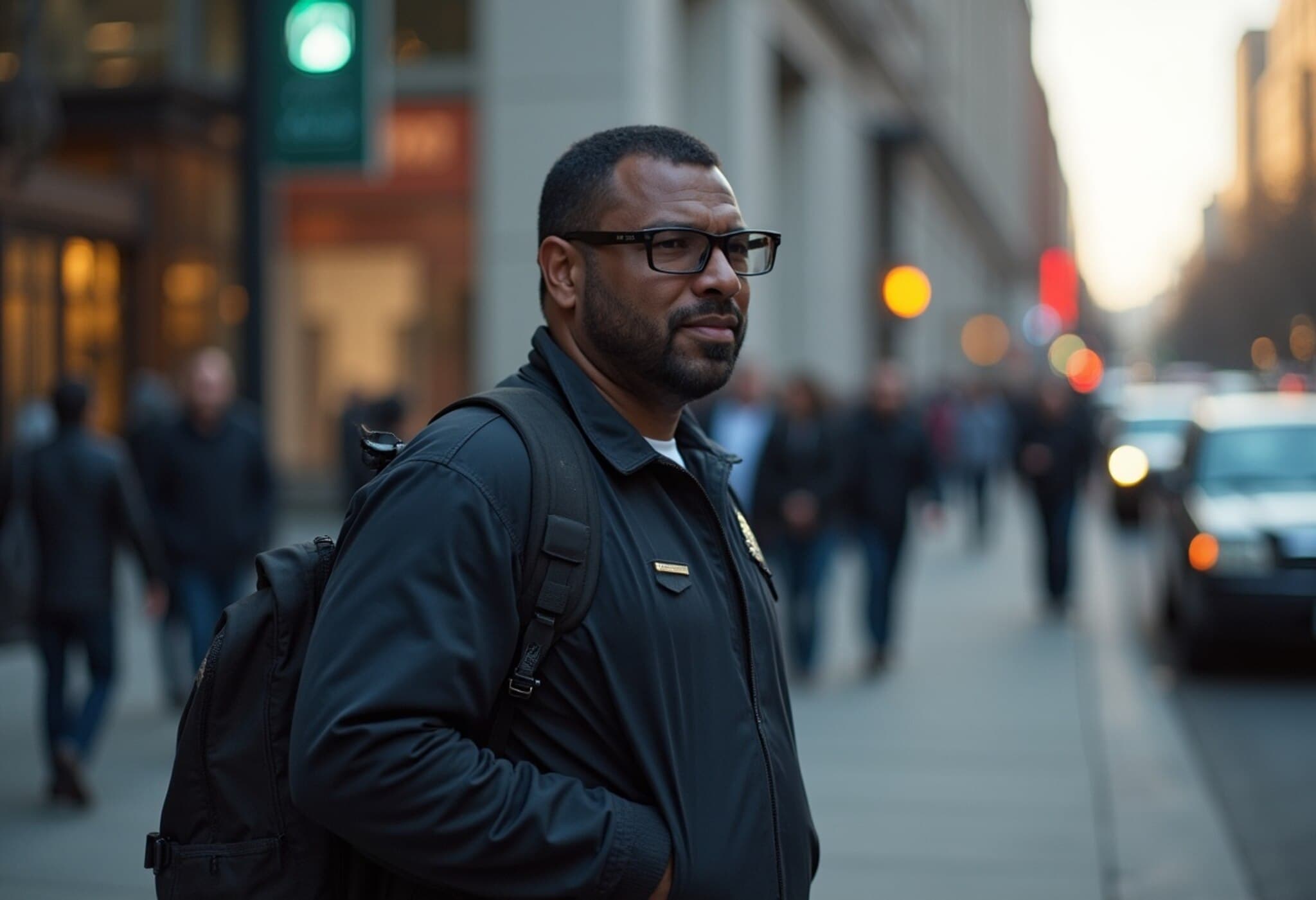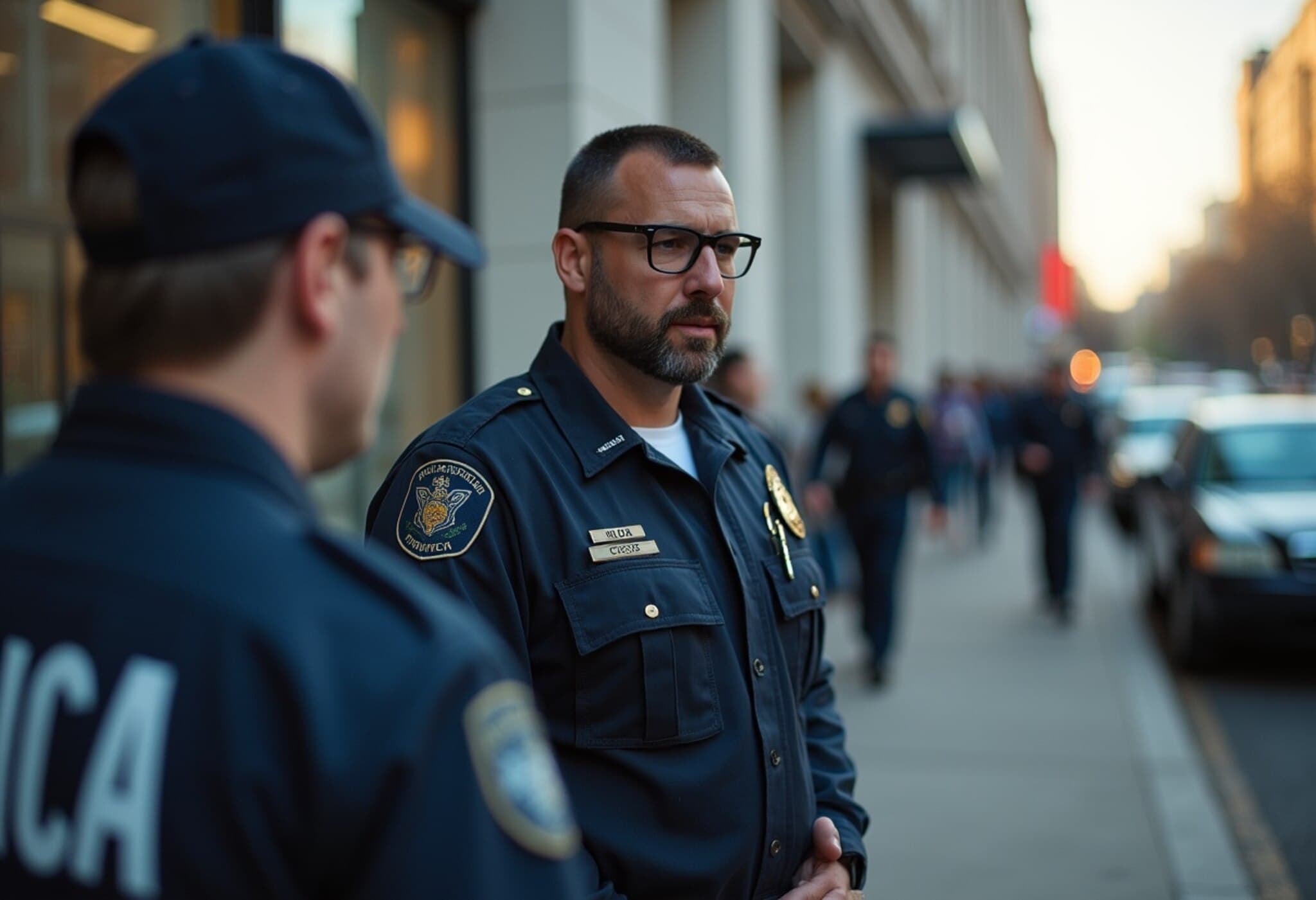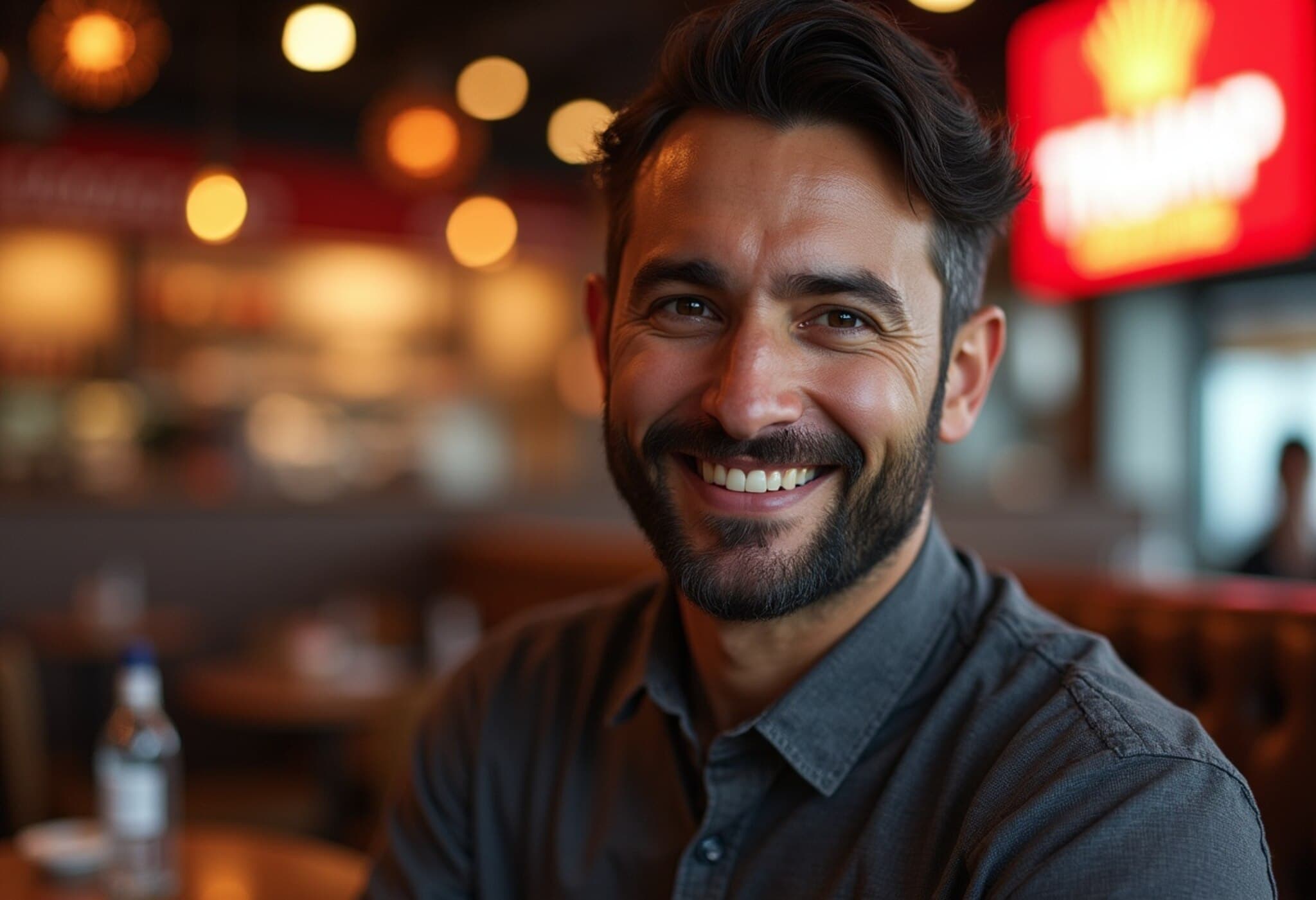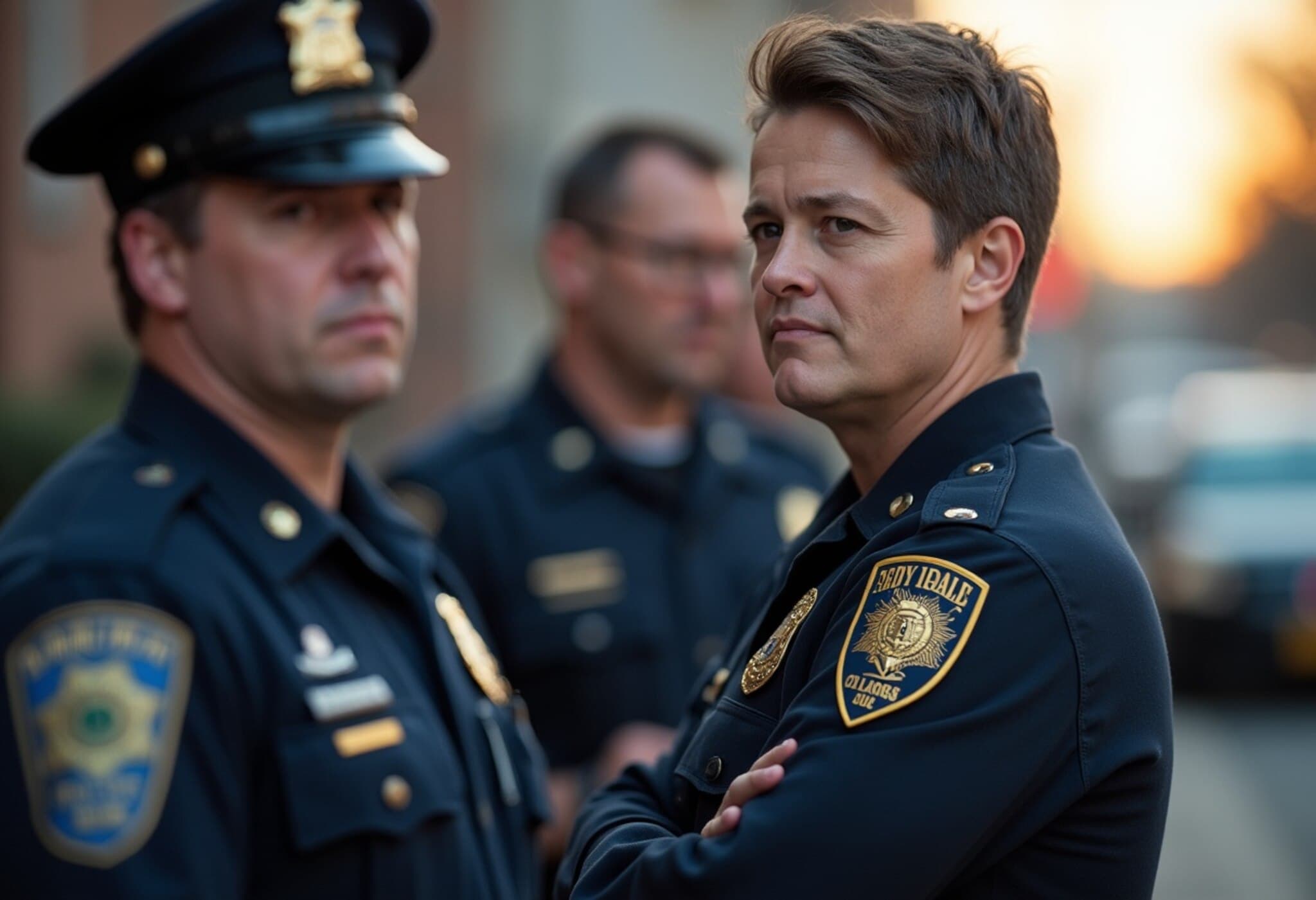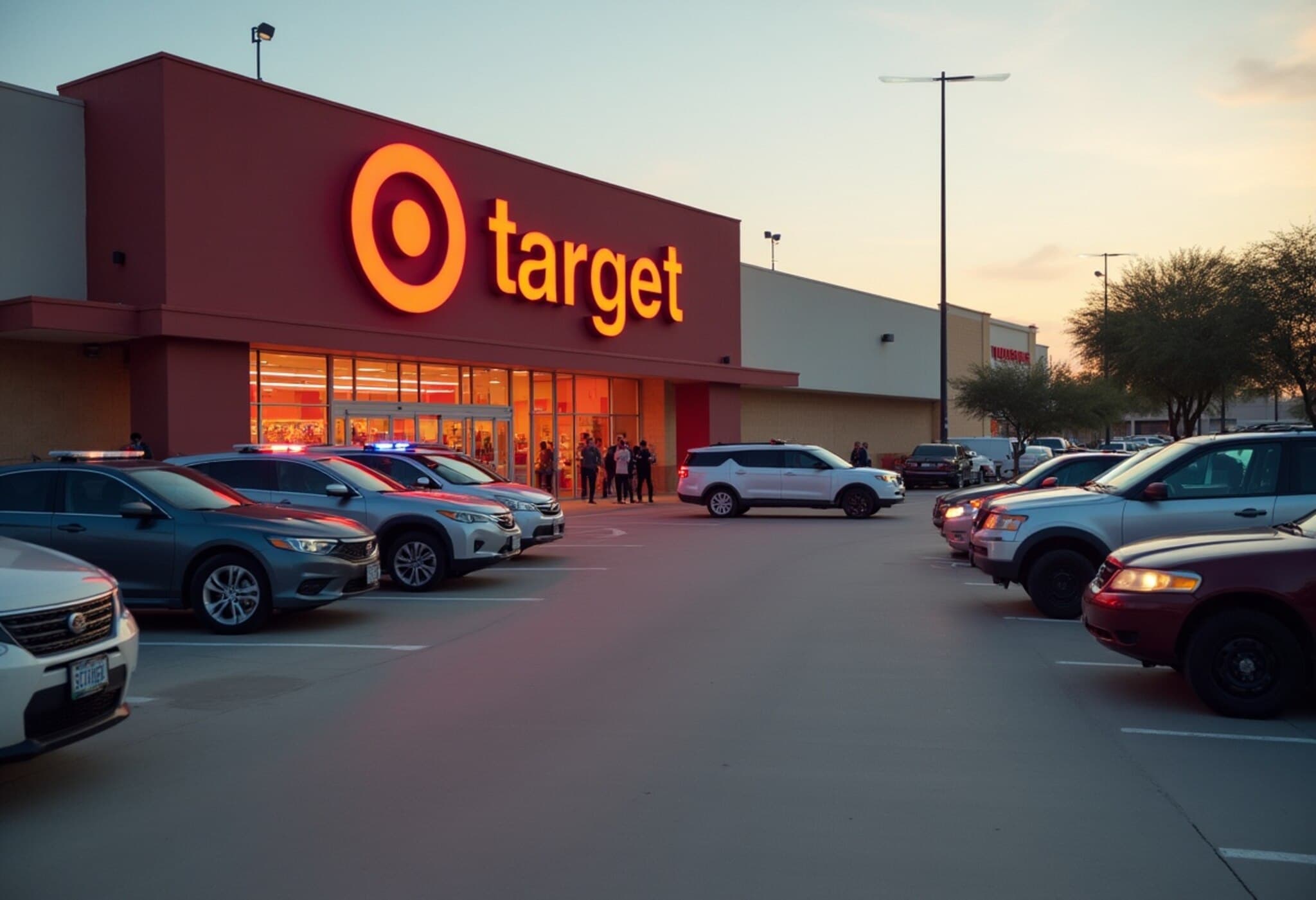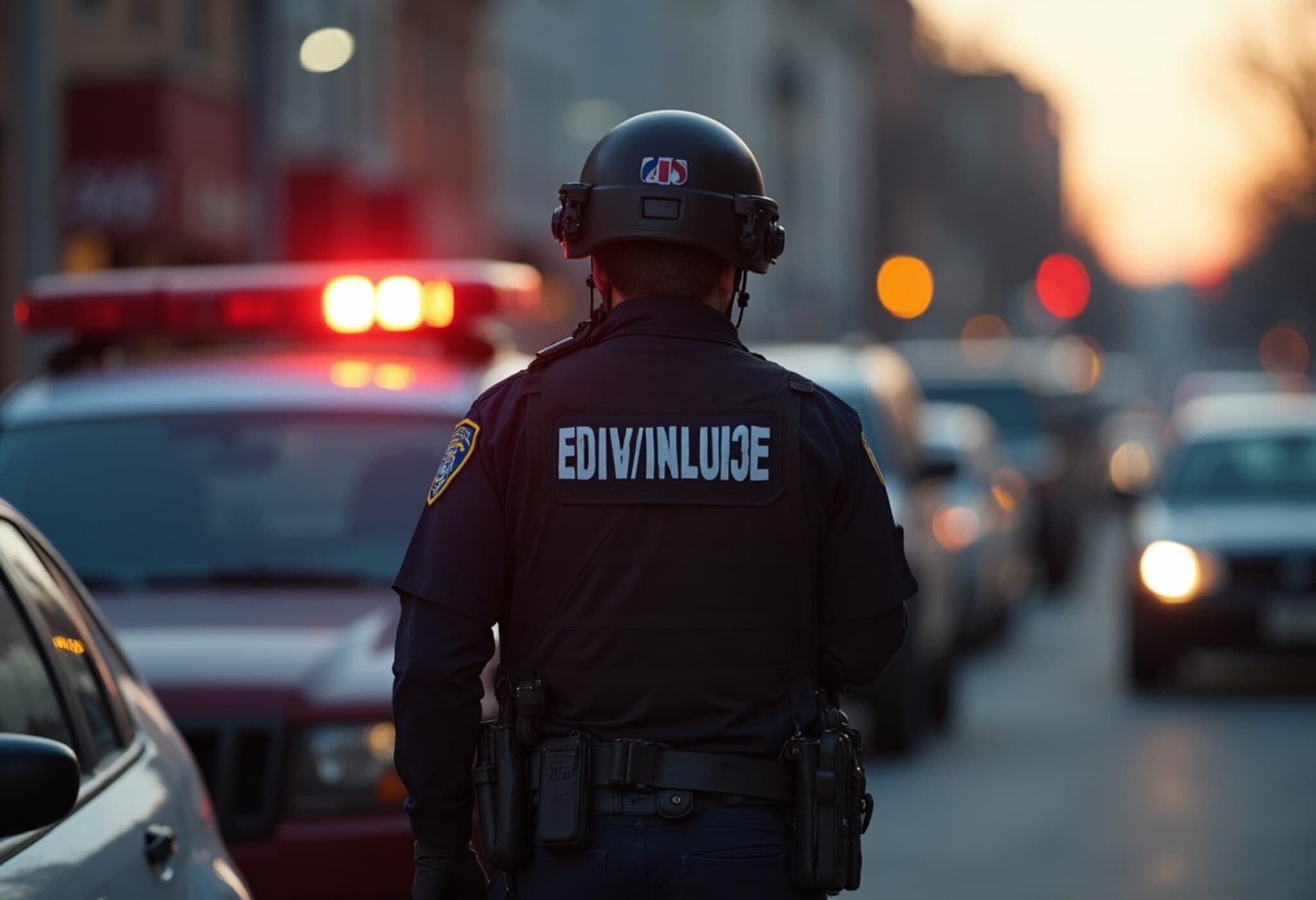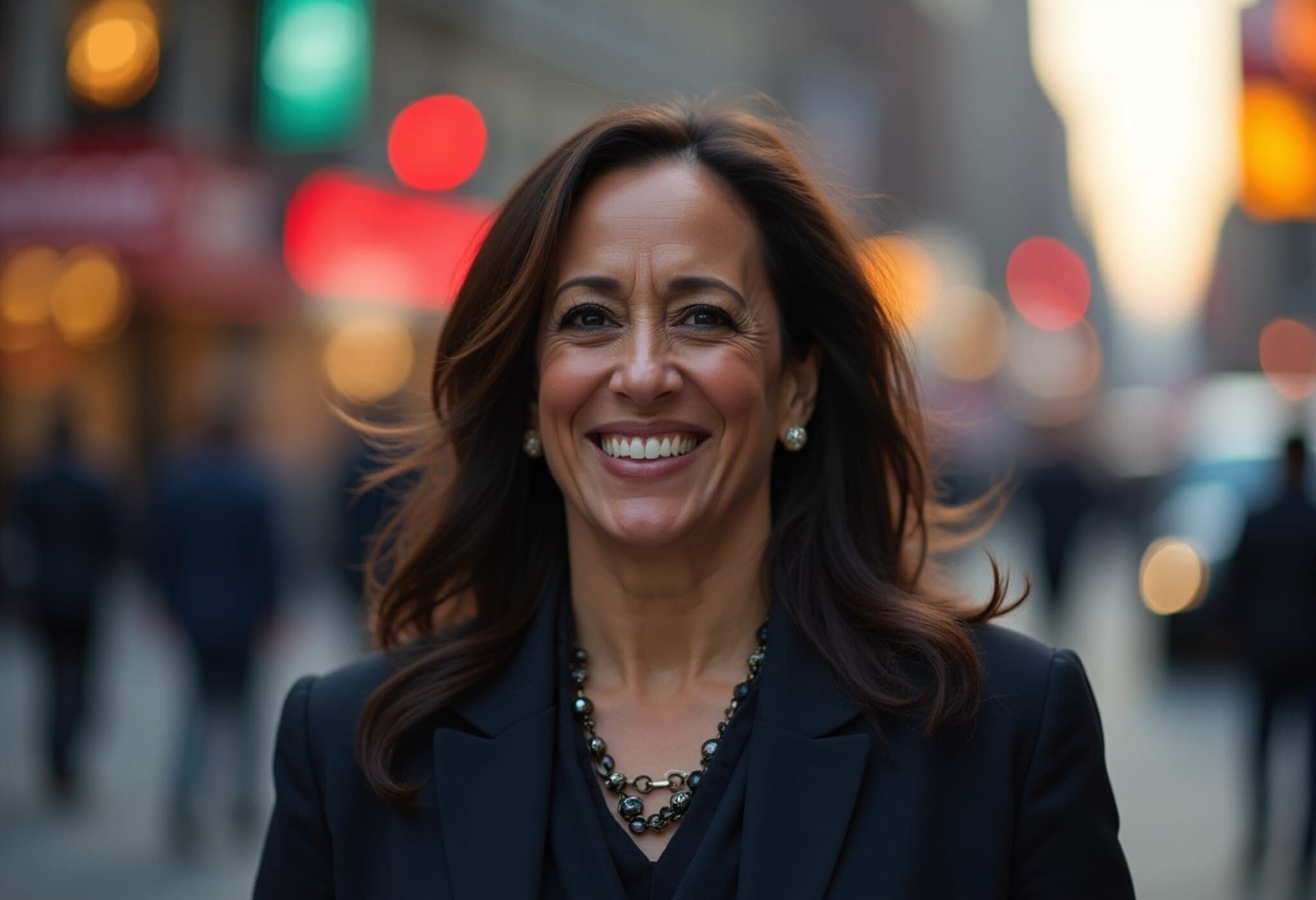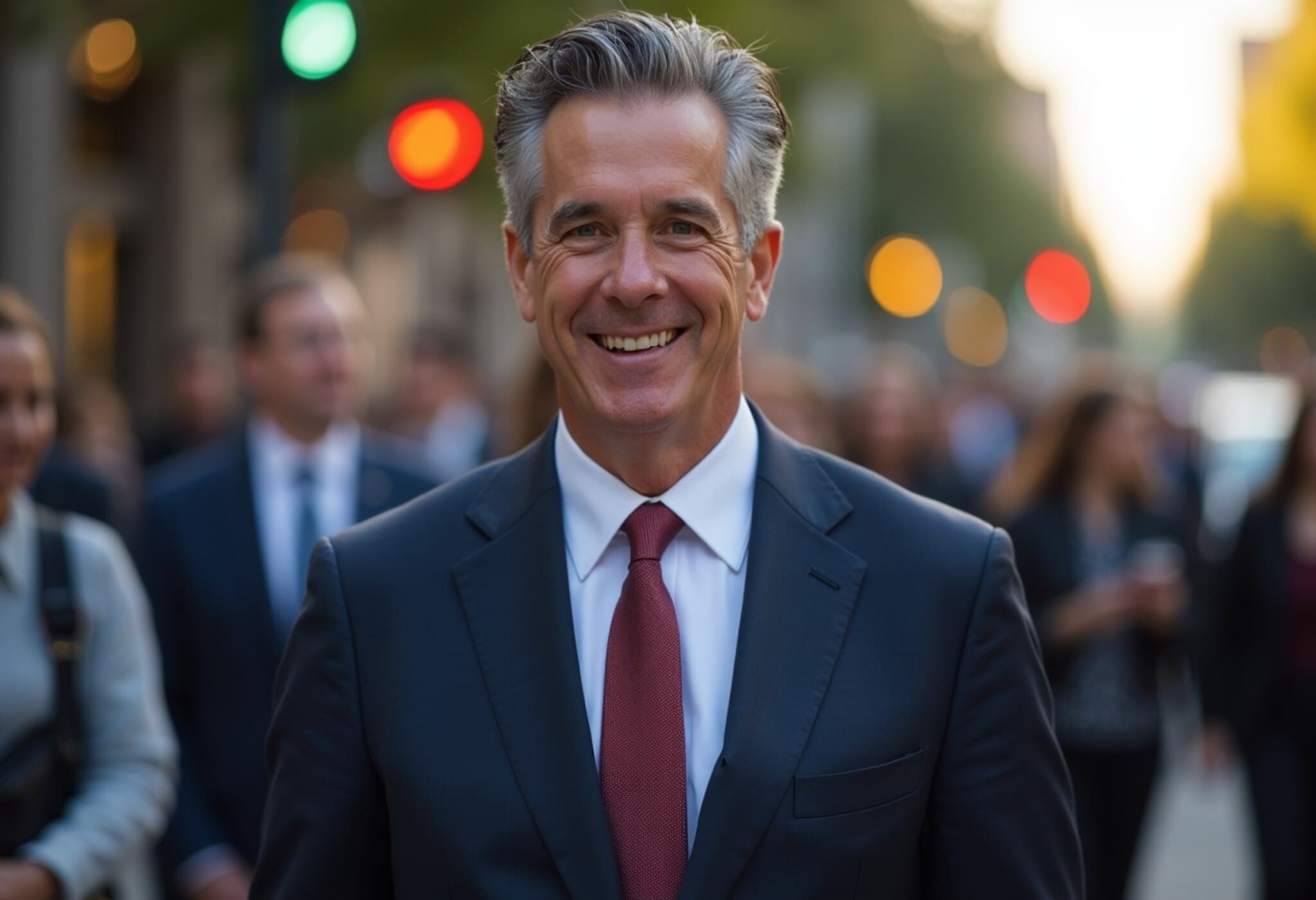Georgia Man Opens Fire at CDC Headquarters, Citing COVID-19 Vaccine Concerns
In a tragic and unsettling event that has shaken public health institutions nationwide, a 30-year-old Georgia man unleashed a barrage of gunfire at the U.S. Centers for Disease Control and Prevention (CDC) headquarters in Atlanta on Friday. The attack resulted in the death of a DeKalb County police officer and left the agency’s employees fearful and grappling with the aftermath.
Incident Overview
According to law enforcement briefings, the suspect, identified as Patrick Joseph White, approached the CDC headquarters armed with an arsenal of five firearms, including at least one long gun. When security personnel barred his entry, White redirected his aggression toward a nearby pharmacy across the street from the CDC, opening fire there.
During the chaotic shootout, Officer David Rose, a local DeKalb County policeman, was fatally wounded while responding to the crisis. Another officer suffered injuries but has reportedly survived. The unfolding violence forced a swift lockdown of the CDC campus, impacting daily operations across multiple buildings.
Motivations and Background
Insights from the investigation reveal that White believed the COVID-19 vaccine had negatively affected him, citing feelings of depression and suicidal ideation linked to the vaccine. Additionally, his father shared with authorities that his son had been deeply distressed following the death of his pet dog and had become obsessed with concerns about the vaccine’s effects.
The shooter’s family resides in Kennesaw, a suburban city approximately 25 miles northwest of downtown Atlanta, underscoring how the incident touched communities beyond the immediate metropolitan area.
Official Responses and Controversies
CDC Director Susan Monarez expressed heartache over the loss and emphasized the bravery of law enforcement personnel involved. In her public statement, she confirmed that more than four CDC buildings had sustained impacts during the shooting and urged employees to work remotely or take leave as investigations continued.
Meanwhile, U.S. Health and Human Services Secretary Robert F. Kennedy Jr., a known critic of COVID-19 vaccines, voiced support for CDC employees, extending solidarity amid the trauma. However, his stance has stirred controversy; some former CDC employees have publicly condemned Kennedy, accusing him of fostering anti-vaccine sentiments that they argue helped fuel the attack. Calls for his resignation have emerged from within certain public health circles, sparking a broader debate about the influence of vaccine skepticism in public discourse and security risks.
Contextual Analysis: Vaccine Misinformation and Public Safety Risks
This tragic incident shines a stark light on the intersection of vaccine misinformation, mental health struggles, and workplace safety. Public health experts warn that conspiracy theories and unfounded vaccine fears can exacerbate vulnerabilities, sometimes leading to real-world violence. In the broader American context, where debates around vaccine mandates and public health measures remain politically charged, this event underscores the urgency of targeted mental health support and effective communication strategies.
- Gun violence at critical health institutions: This attack is part of a worrying pattern of armed violence targeting government and health facilities, raising concerns about security protocols.
- Mental health linkages: White’s reported spiraling mental state highlights the need for accessible mental health interventions, especially among individuals expressing extremist views influenced by misinformation.
- Impact on CDC operations: The lockdown and disruption jeopardize essential public health functions at a time when disease surveillance and response capacities are vital.
Looking Ahead
Authorities continue to piece together details about the shooter’s motives and mental health history as they investigate whether the suspect died from confrontation with police or took his own life subsequent to the attack. The event calls for renewed dialogue on balancing public health advocacy, ensuring security, and addressing the roots of vaccine-related fears.
Editor’s Note
While this attack on the CDC highlights the extreme consequences of vaccine misinformation intersecting with individual mental health crises, it also raises pressing questions about safeguarding crucial health institutions. How can public health agencies better shield their staff while maintaining openness and transparency? In a polarized era, what responsibilities do public figures bear in tempering rhetoric around vaccines? And crucially, how can communities foster resilience against destructive conspiracy beliefs? These are conversations society must urgently confront to prevent further tragedies and uphold trust in science and safety.

